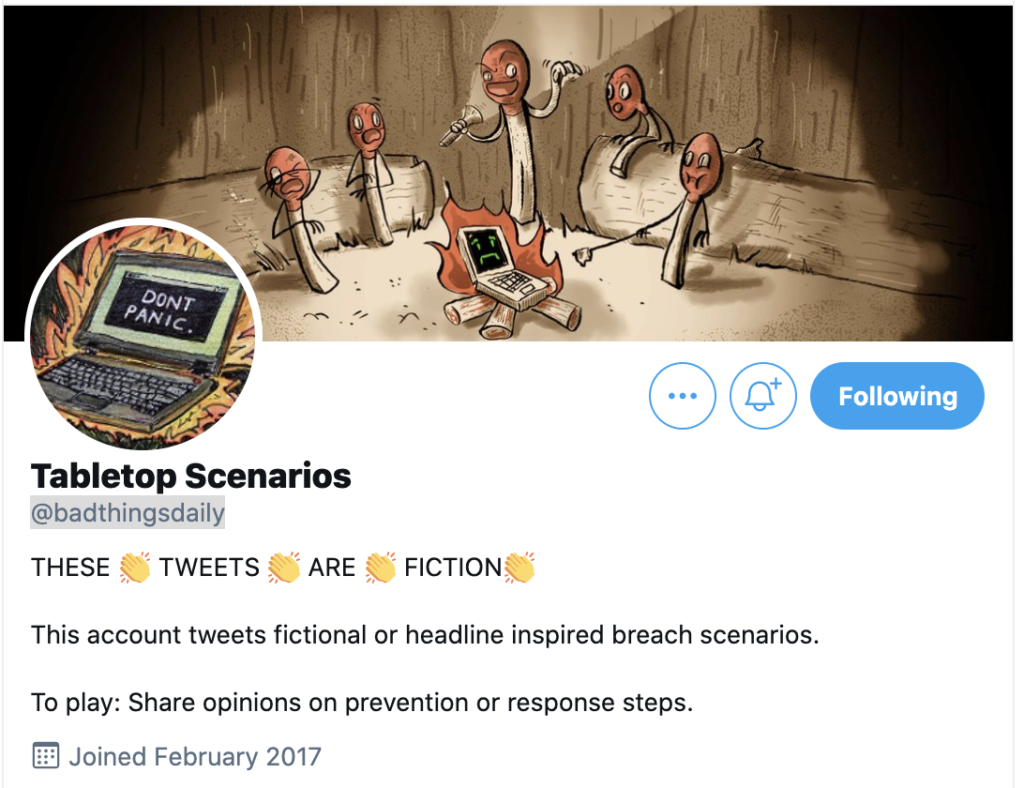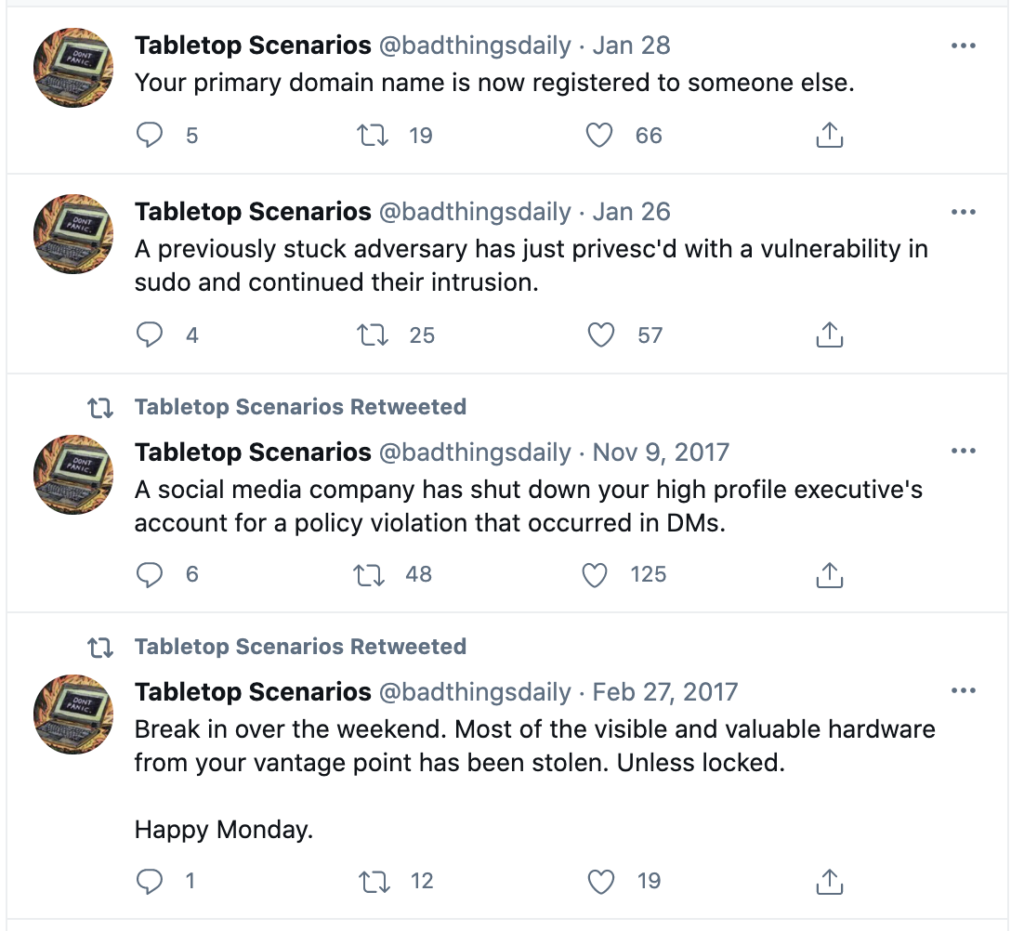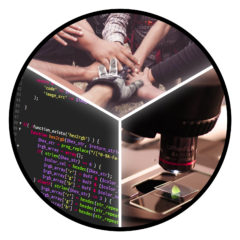Academics, including PIs, receive very limited management training. Common understanding is that new PI will get their skill from previous advisers, but academia should stop being apprenticeship-based.
IT world provides us with example of how to do such training: tabletop scenarios, such as @badthingsdaily.

This twitter account provides examples of IT incidents that can and do occur in practice. From very specific cases of “your network has been compromised” to “your CEO has been arrested in foreign country famous for kidnaping” and many more:

The goal of these exercises is not to try and come up with perfect “playbook” for when something bad happens. Academia is too heterogeneous for that. But it should start the conversation, and provide material for figuring out where are the weaknesses in the process. For academic world, specifically running a lab, “Bad things” include:
- international PhD student can’t get visa renewed and has been deported
- PhD student hit 7th year without a single first-author paper out
- global pandemic hit, and we have to shut down the lab for 2 months
- your paper has been found to contain image duplication in figures
- the experiment performed by your lab cannot be reproduced by trusted collaborator
- You were not able to secure funding for next year. You have budget for 6 months
- Project that was developed by PhD student just has been scooped and published by another group
- You (PI) has been diagnosed with clinical depression
- Your lab members want to know what you have been done to advance under-represented minorities (URM) in science and decrease systemic bias
- Your lab tech who plays all the orders and prepares reagents just quit with 2-week notice
